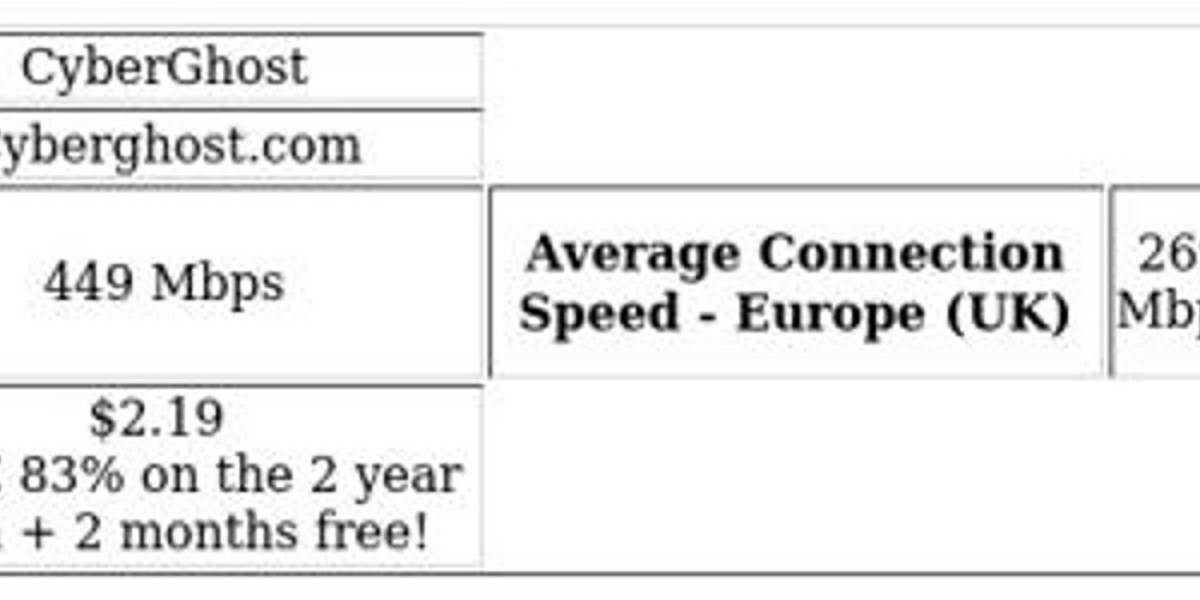Here are 5 tips to help e-commerce businesses navigate GDPR compliance when using video content.
1. Obtain Consent for Data Collection
One of the key requirements of GDPR is obtaining explicit consent from individuals before collecting their data. This includes data collected through videos, such as IP addresses or cookies. When using video content on your e-commerce platform, make sure to clearly inform users about the data you collect and obtain their consent before doing so. This can be done through a consent banner or pop-up that explains how their data will be used.
2. Encrypt Data Transmission
Another important aspect of GDPR compliance is ensuring the security of data transmission. When embedding videos on your e-commerce website, make sure to use secure protocols such as HTTPS to encrypt data transmission. This helps protect user data from unauthorized access or interception, maintaining GDPR compliance and building trust with your customers.
3. Implement Data Retention Policies
GDPR requires businesses to have clear data retention policies in place, specifying how long data will be stored and when it will be deleted. When using video content in e-commerce, make sure to establish guidelines for how long user data collected through videos will be retained. By implementing data retention policies, you can ensure compliance with GDPR requirements and avoid unnecessary storage of user data.
4. Provide Transparency and Control
Transparency is key when it comes to GDPR compliance. Make sure to provide users with information about how their data is being used and give them control over their preferences. For example, allow users to opt out of data collection for targeted advertising or analytics purposes when watching videos on your e-commerce platform. By offering transparency and control, you can build trust with your customers and demonstrate your commitment to data protection.
5. Conduct Regular Audits and Assessments
To ensure ongoing GDPR compliance, it's important to conduct regular audits and assessments of your data processing practices. This includes reviewing how video content is being used on your e-commerce platform and ensuring that any data collected is handled in accordance with GDPR requirements. By regularly monitoring and evaluating your data practices, you can identify and address any compliance issues proactively.
By following these tips, e-commerce businesses can ensure GDPR compliance when using video content to engage customers and promote their products. From obtaining consent for data collection to implementing data retention policies, these strategies can help businesses navigate the complex landscape of data protection laws and build trust with their customers.
Explore the complete details here: Sterling background check errors. Background checks have become the…


